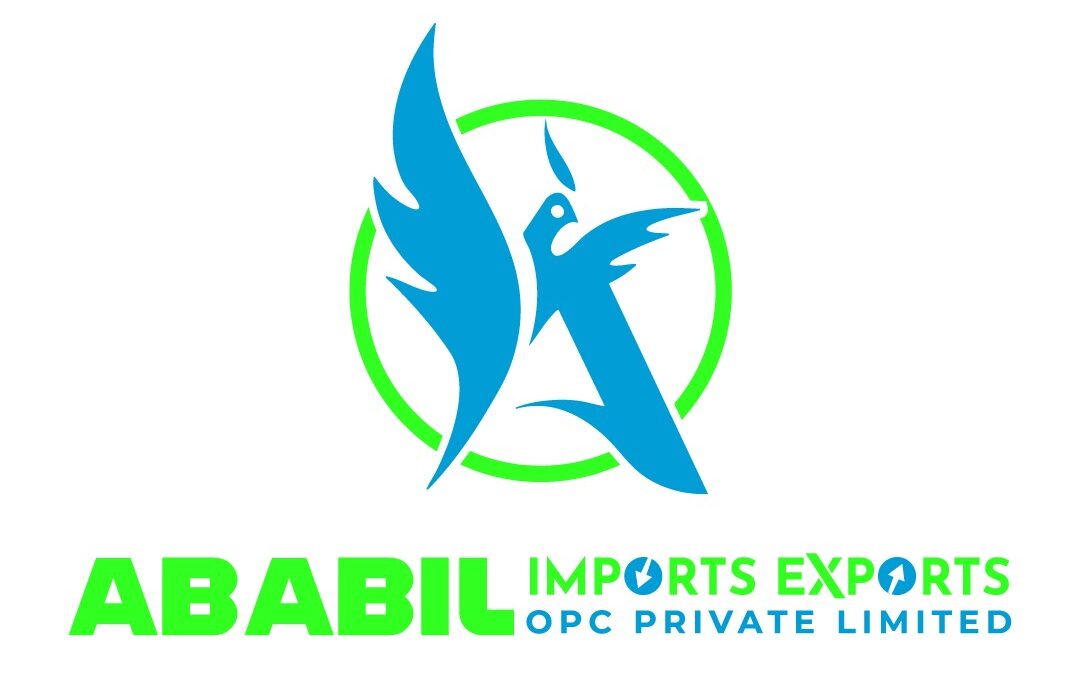Unlocking Global Trade Opportunities with Confidence
Entering the world of exports can be a powerful growth strategy for businesses of all sizes. Whether you’re just starting or scaling up your international trade operations, the right approach can make all the difference. Here are some key tips to help you navigate the export journey smoothly and successfully.
1. Understand Your Target Market
Before exporting, research your target country thoroughly. Understand local regulations, cultural preferences, and customer needs. Each market is different — what sells in one region may not resonate in another. Look at demand trends, pricing expectations, and existing competitors.
2. Get the Right Certifications
Compliance is critical in global trade. Depending on your products, obtain relevant certifications such as:
- ISO 9001 (Quality Management)
- ISO 22000 (Food Safety)
- FSSAI, HALAL, KOSHER, or FDA (for food products)
These build credibility and ensure your goods meet international standards.
3. Price Competitively and Transparently
Your pricing should reflect production, logistics, and compliance costs while staying attractive to buyers. Factor in currency conversion, taxes, and tariffs. Being upfront about costs builds trust and encourages long-term partnerships.
4. Ensure Quality Control
Consistent quality is non-negotiable. Conduct regular product inspections and use quality assurance checks. Poor quality can harm your brand’s reputation abroad.
5. Build a Strong Logistics Network
Partner with reliable freight forwarders and customs agents. Understand Incoterms (like FOB, CIF, DDP) and make sure shipping documentation is accurate to avoid delays.
6. Maintain Clear Documentation
Proper documentation — including invoices, packing lists, certificates of origin, and compliance documents — is essential. Errors can lead to customs delays or penalties.
7. Leverage Technology
Use digital tools to manage inventory, monitor shipments, and communicate with clients. Platforms like EXIM software and CRM tools can simplify operations and improve transparency.
8. Build Relationships, Not Just Deals
Trust and long-term relationships are key in exports. Be responsive, honor commitments, and follow up regularly with your partners. A strong relationship can open doors to new markets and referrals.
9. Stay Updated on Trade Policies
Global trade regulations change frequently. Keep track of updates in tariffs, free trade agreements, and compliance rules in the countries you export to.
10. Start Small, Scale Smart
Begin with a single product or market. As you gain experience and feedback, gradually expand to new regions and product lines. Sustainable growth beats rapid, unmanageable expansion.




